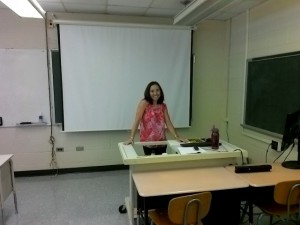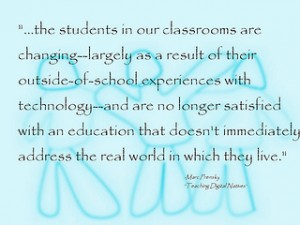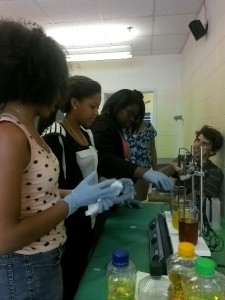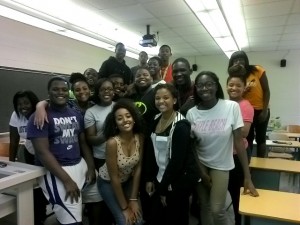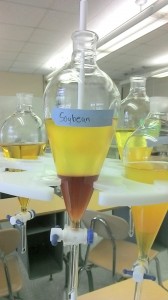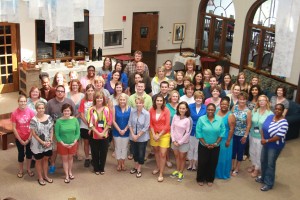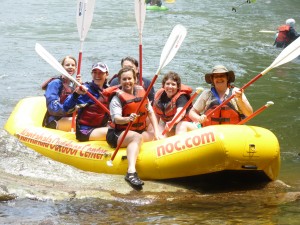Well, there have been many “aha” moments along the way, but I had a refreshing one today. I looked at the calendar, and at my lesson plan draft, and I realized that I’ve accomplished a great deal of work this summer! I think I got so wrapped up in day-to-day work that I hadn’t sat back to look at the entirety of it all. And if I do say so myself, I like what I’ve done! Working this week at the Hunt Library gave me the opportunity to get some valuable feedback from some other colleagues. I’ve worked hard to use some of the technology we learned at NCCAT and we learned even more this week. I’m attaching an animoto video of my activities from the summer externship – so thanks to Jason for introducing me to it!
Marci’s Kenan Summer Externship at NC A&T 2013
As I continue to think about the “big picture” I also realize that I’ve spent a lot of time this summer looking at the whole scope and range of research going on with biofuels in North Carolina. I knew nothing when I began, but now I have studied the research from many different sides of the issue. For example, did you know there are scientists trying to grow algae in order to use its oil as a starting material for fuel? Or did you realize there are places in NC where the most basic gases, hydrogen and carbon monoxide, are being synthesized into gasoline? While I definitely don’t know all the details, Dr. Schimmel has given me plenty of time to go on these field trips to learn from researchers in the field. The result is going to be evident in the classroom when I teach this module. I’ll have some interesting stories to go along with the content. I can’t believe we only have one more week left in the externship!
